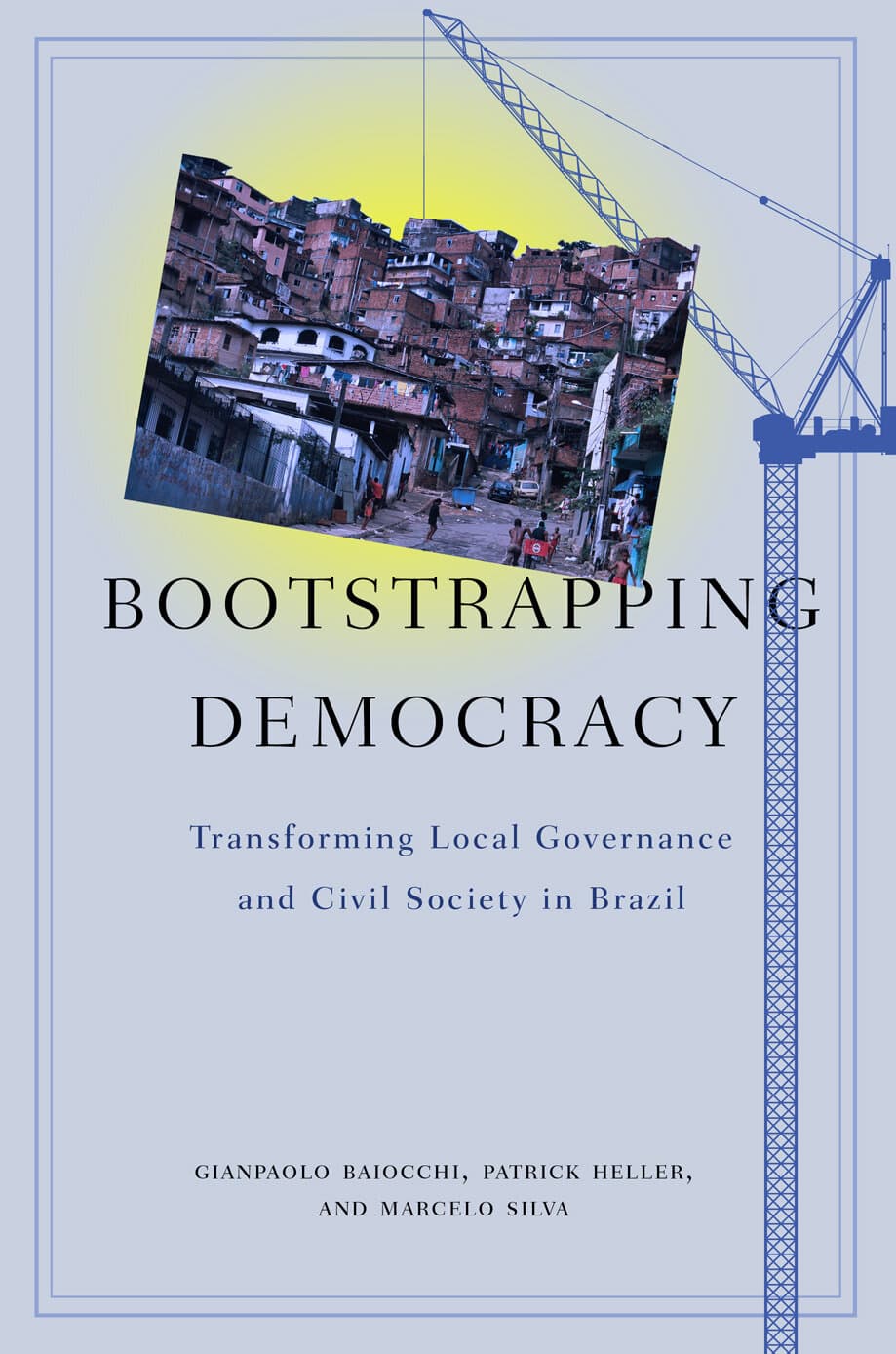Militants and Citizens

Brazil’s democracy has frequently been described as unconsolidated, its citizens as apathetic and uninterested in politics. But in Porto Alegre, a host city to the World Social Forum, thousands of ordinary citizens participate in local governance, making binding decisions on urban policy on a daily basis. While there has been immense attention paid to the practice of participatory democracy in Porto Alegre, this is the first book to examine the politics, culture, and day-to-day activities of its citizens.
Drawing on the rich tradition of urban ethnography and political theory, the book argues that Porto Alegre’s importance may lie not just with its effective governance, but with its new political logic, namely a greater access to government functions and government officials for traditionally disenfranchised citizens. In an age characterized by seemingly strong voter apathy, this study has global implications. The author shows that in the discussions on the failings of democracy in industrialized countries like the United States, most people may be missing what is central to civic engagement—unimpeded access to government.
"This is far and away the best work on governance in Porto Alegre, the paradigmatic case for contemporary democratic participation. It will be read and reread by researchers and activists alike."—Peter Evans, University of California, Berkeley




